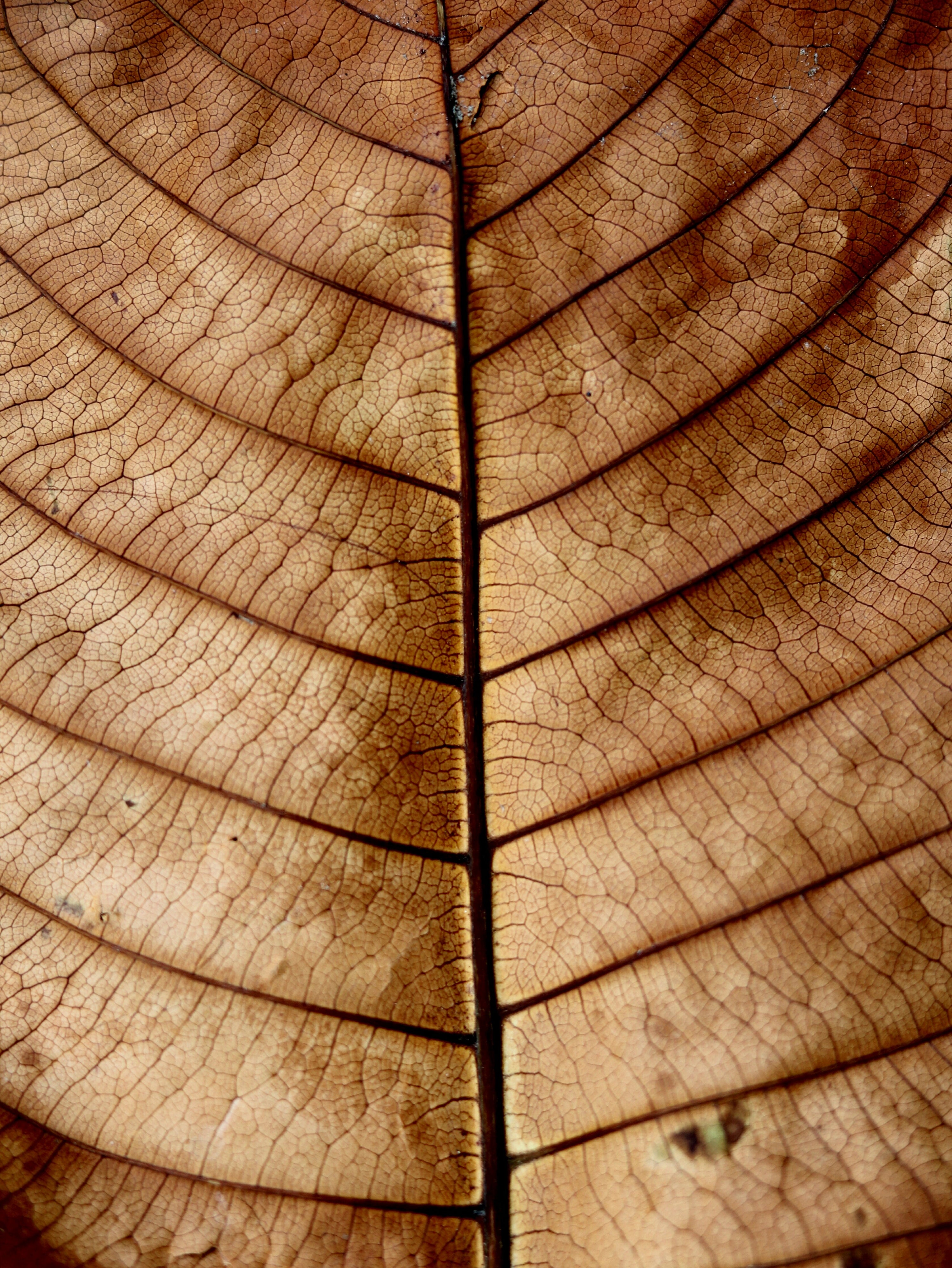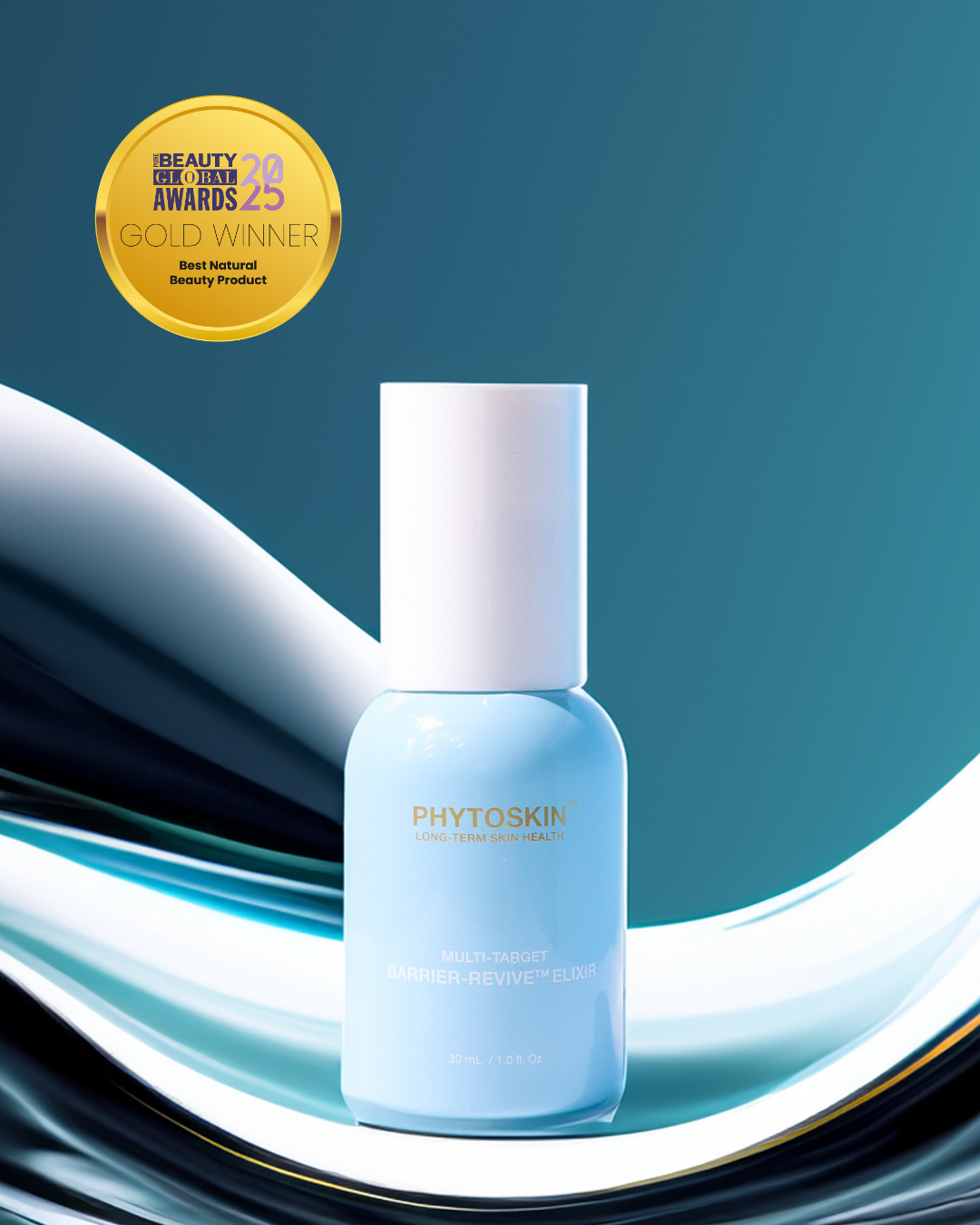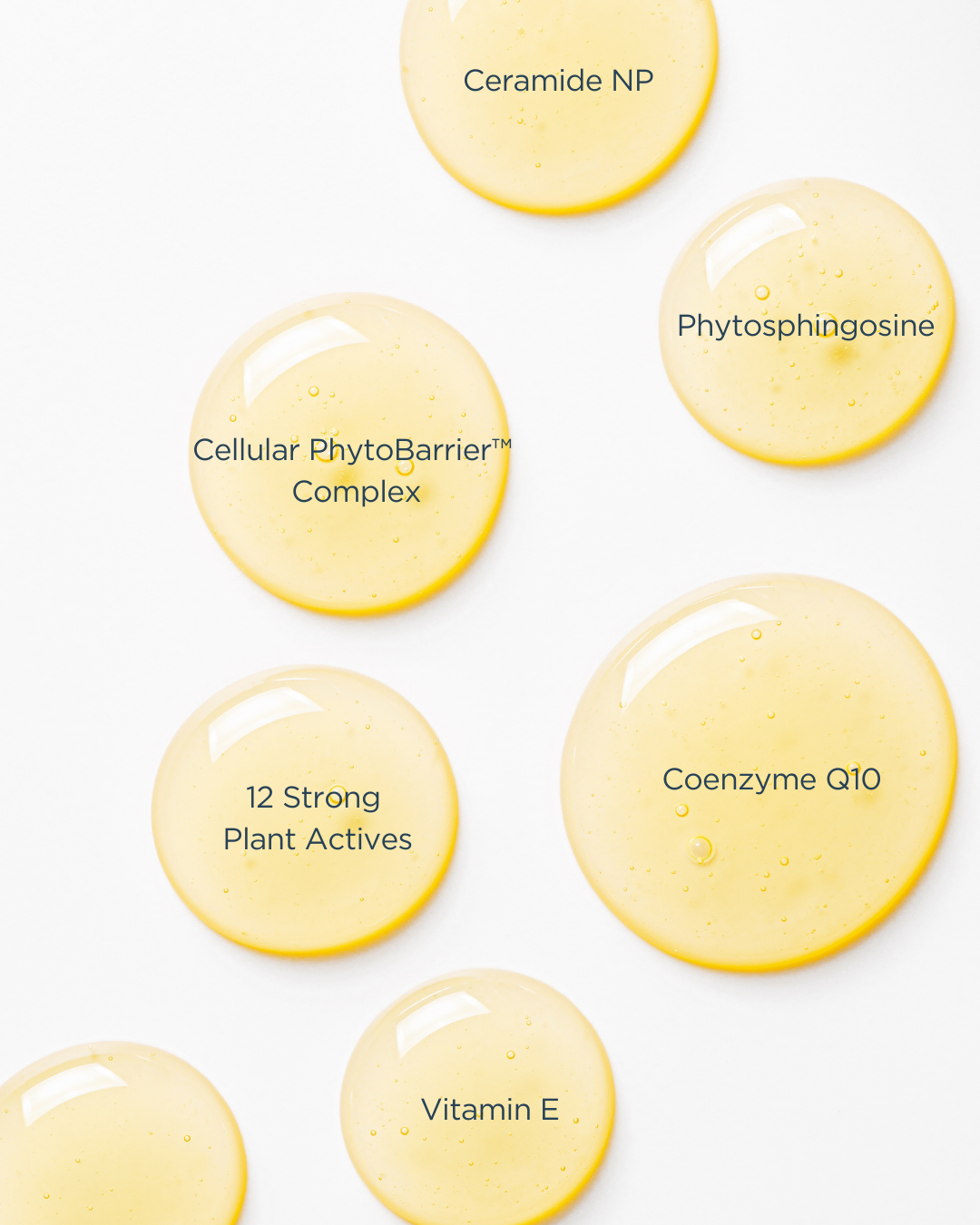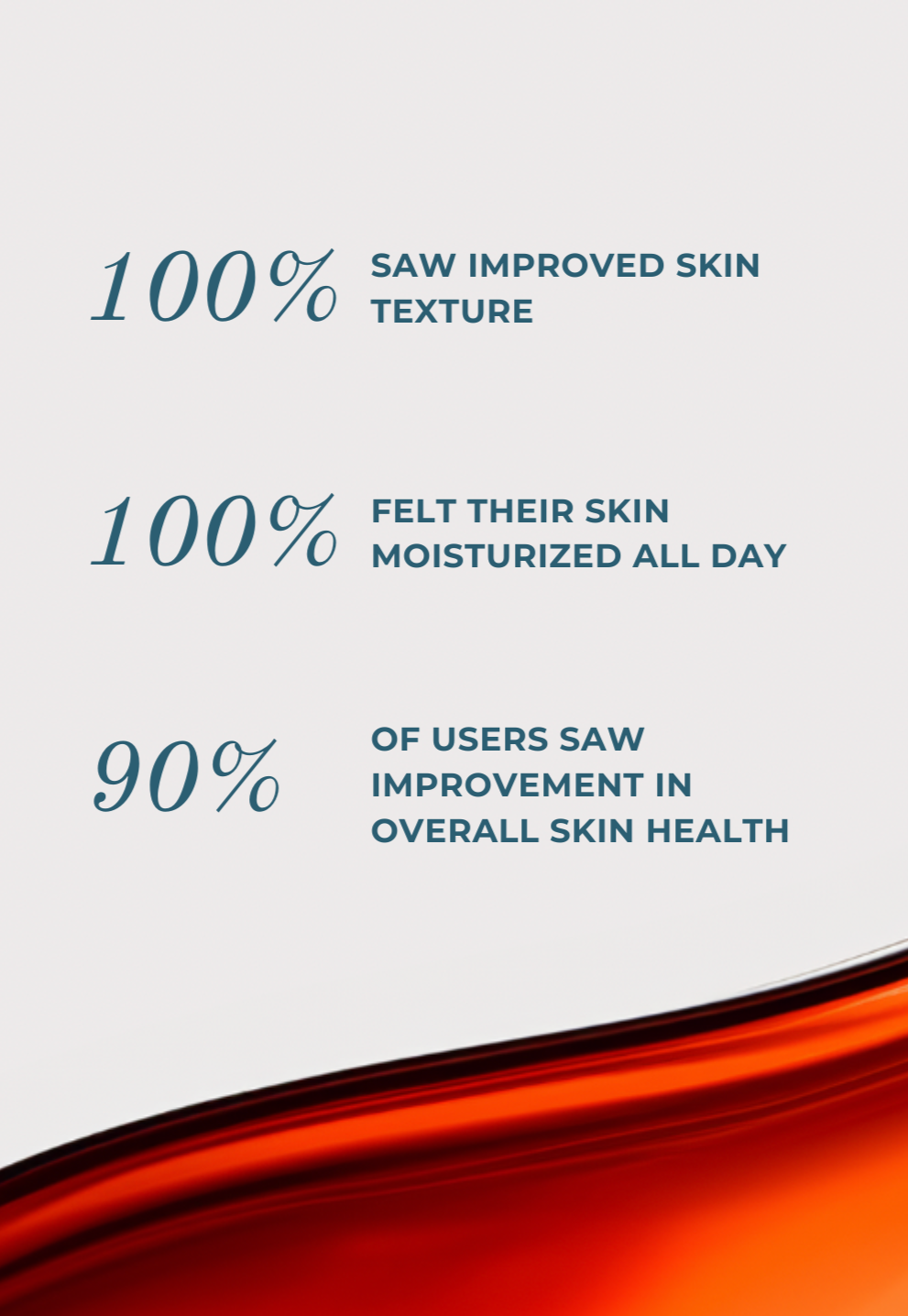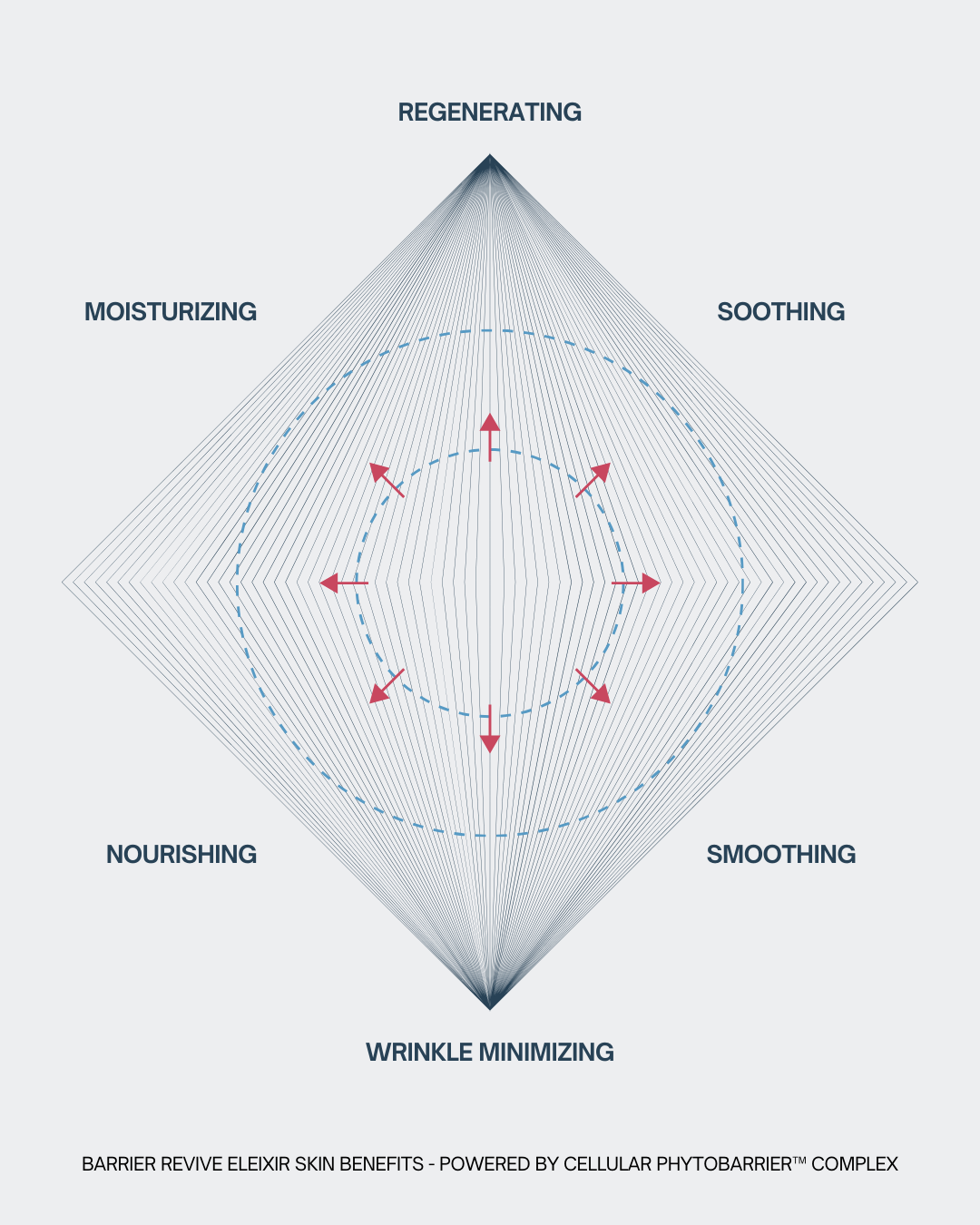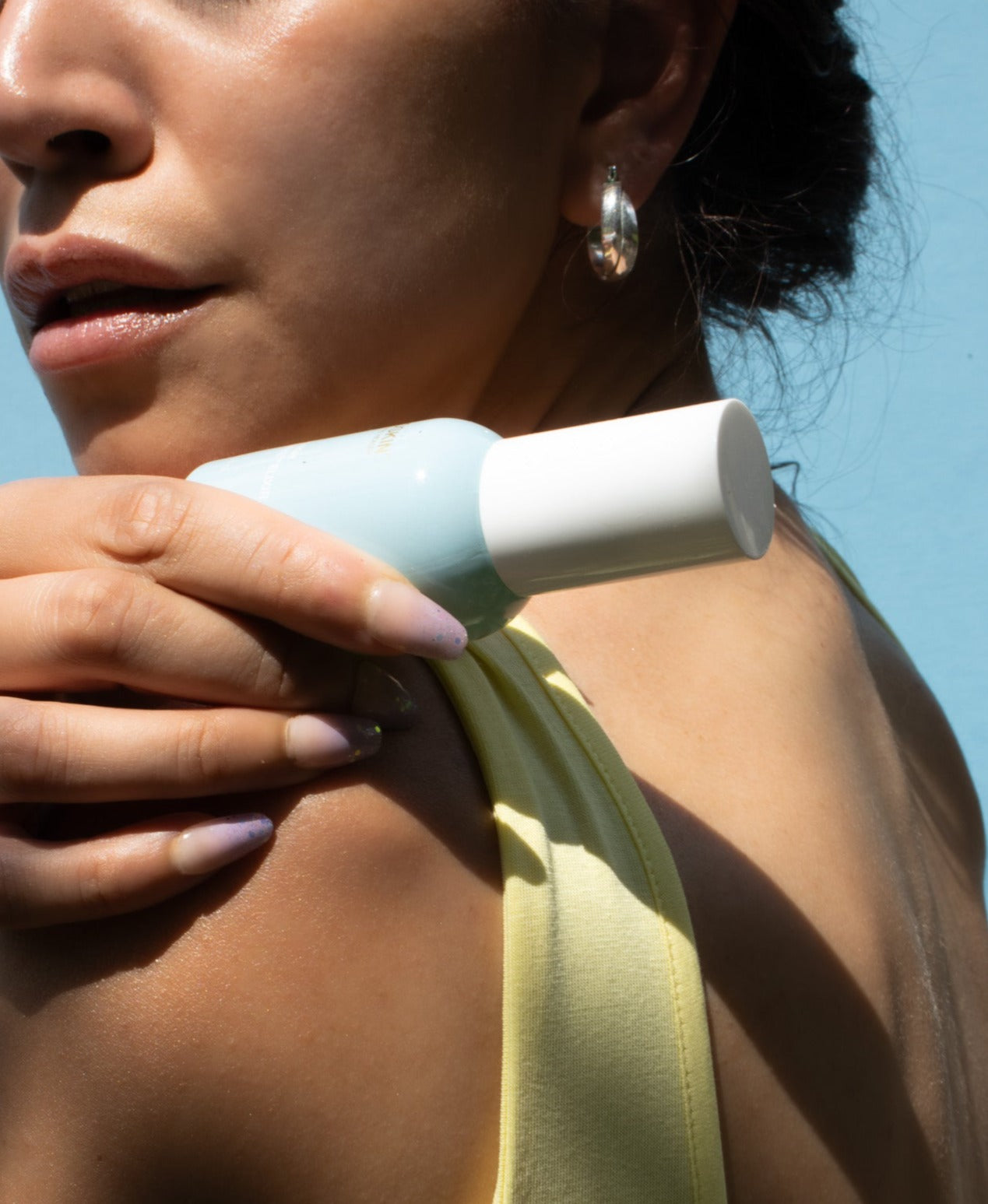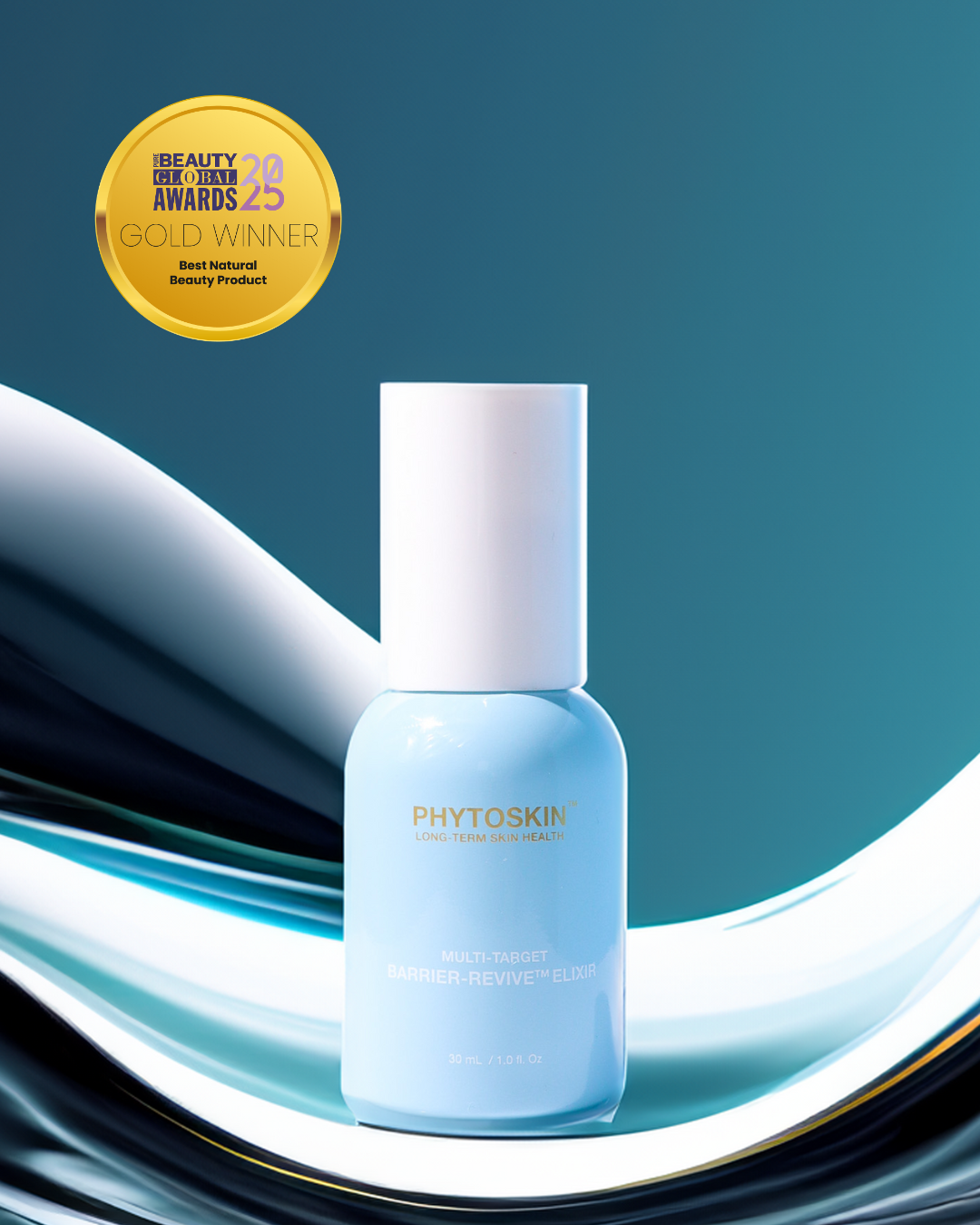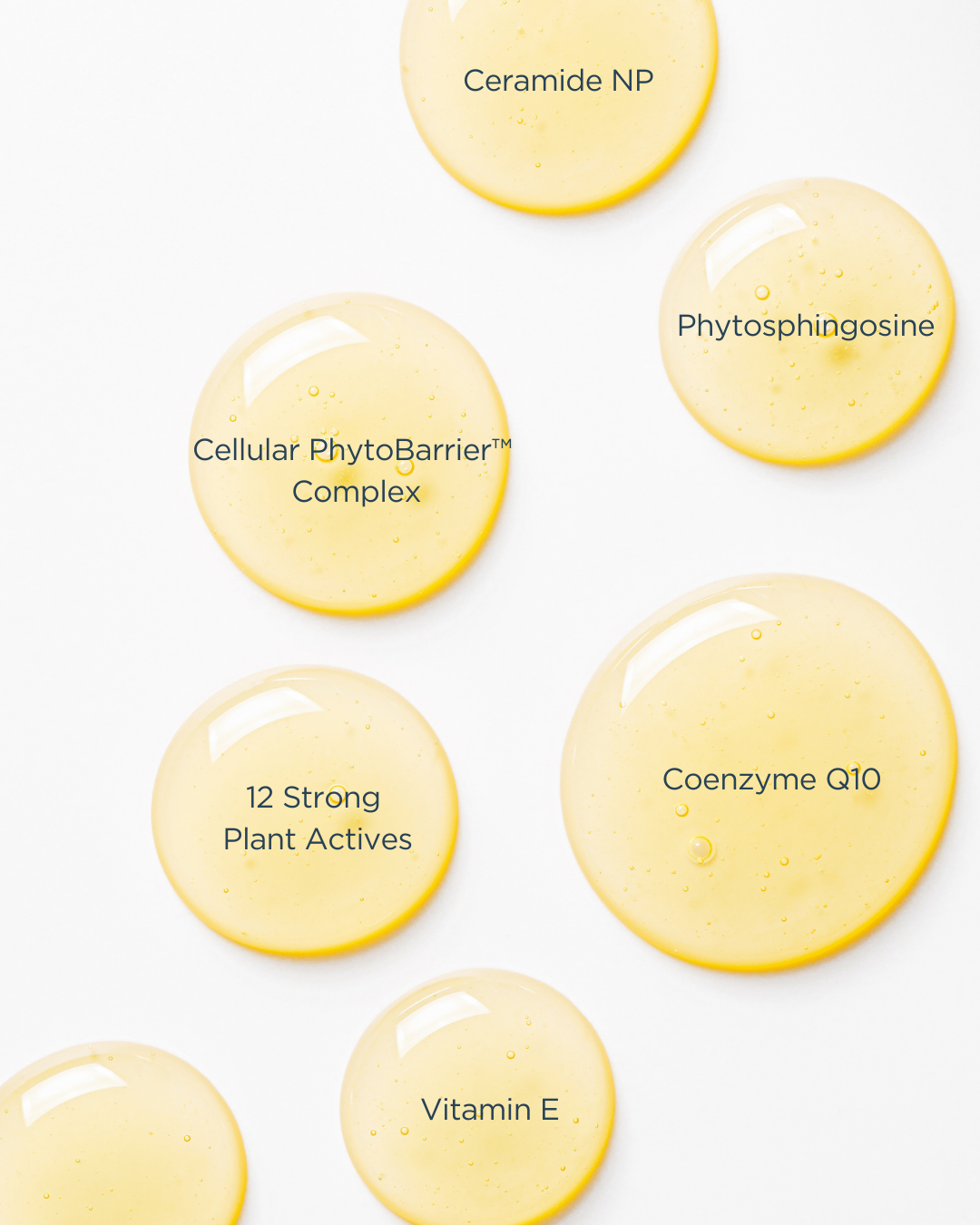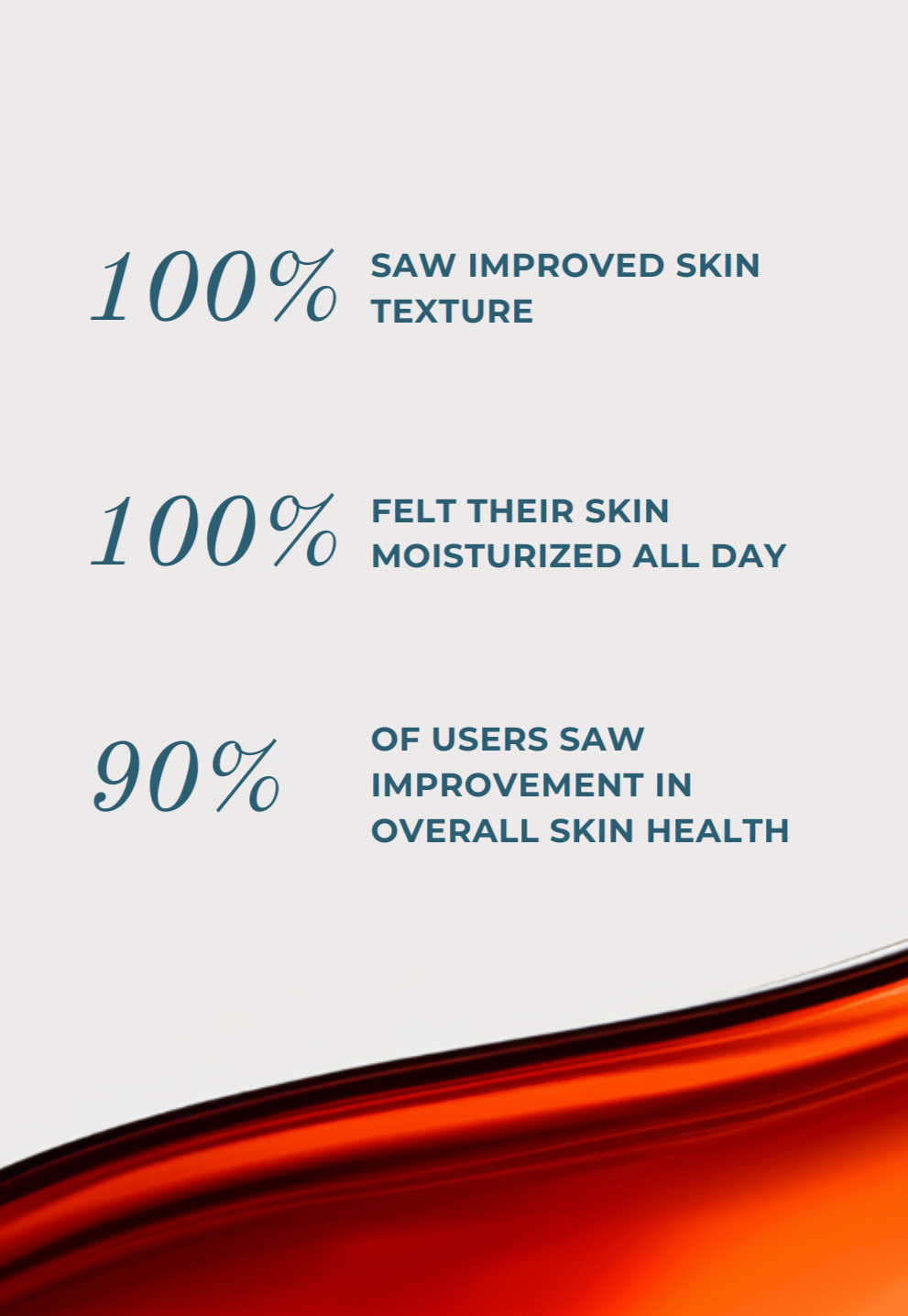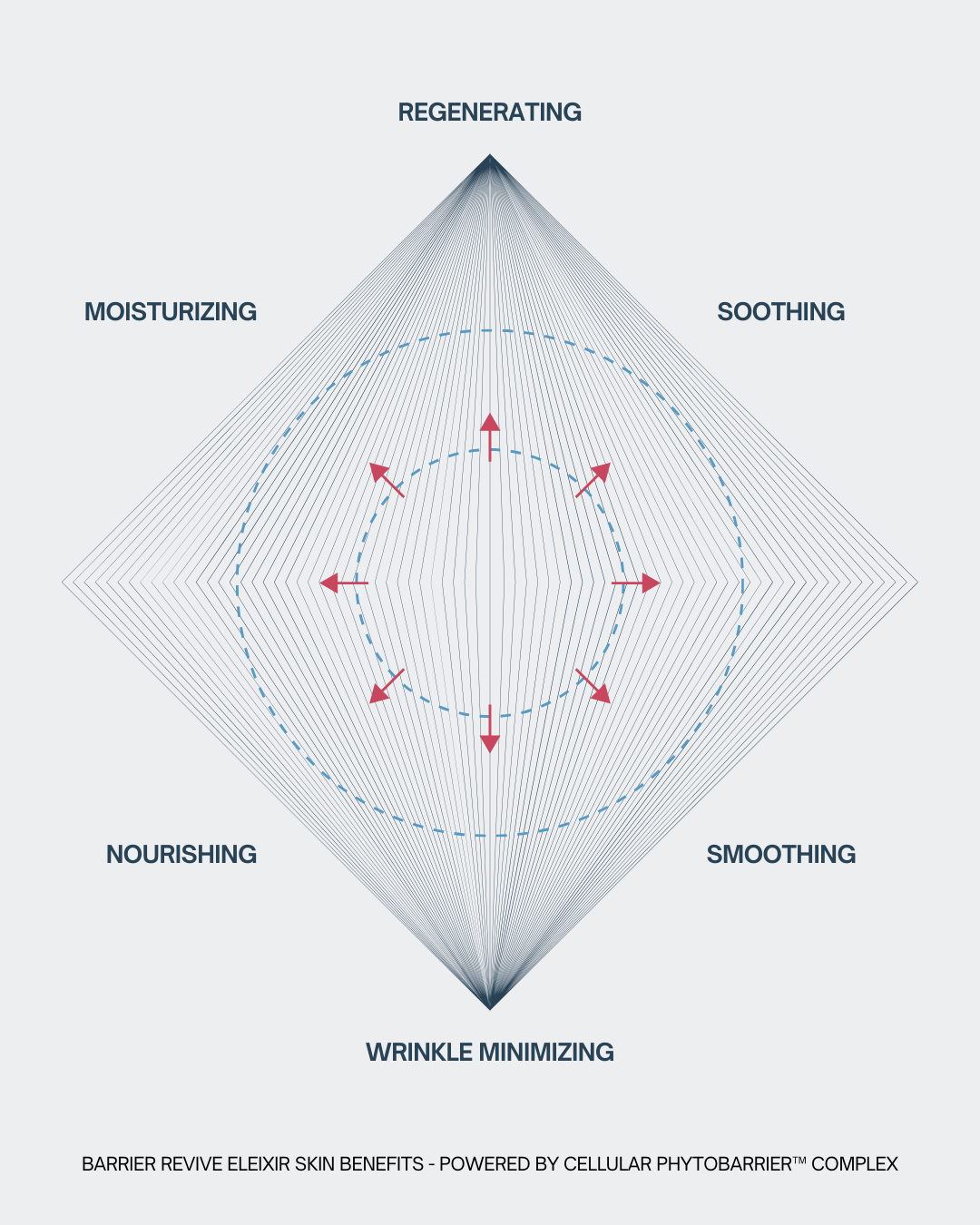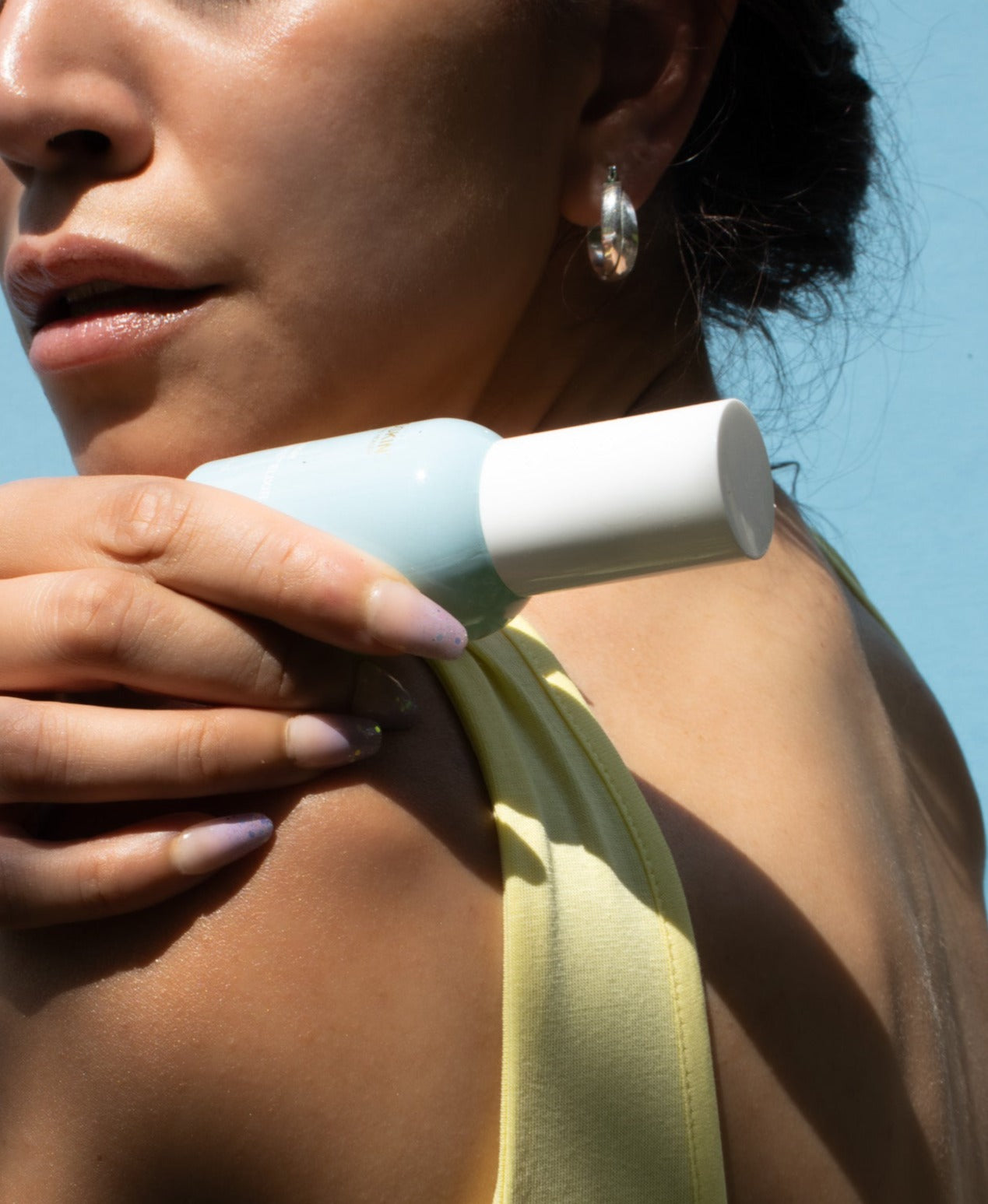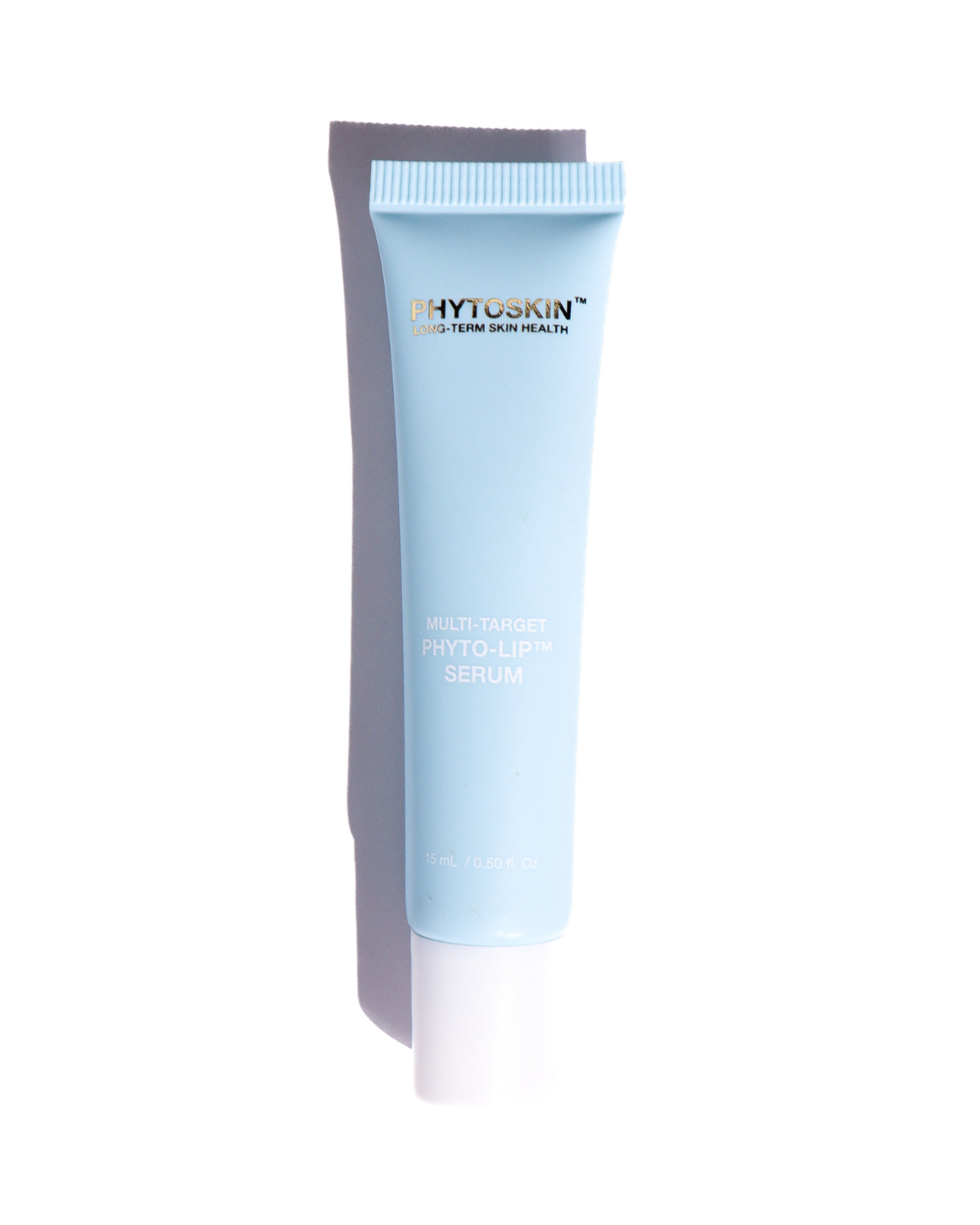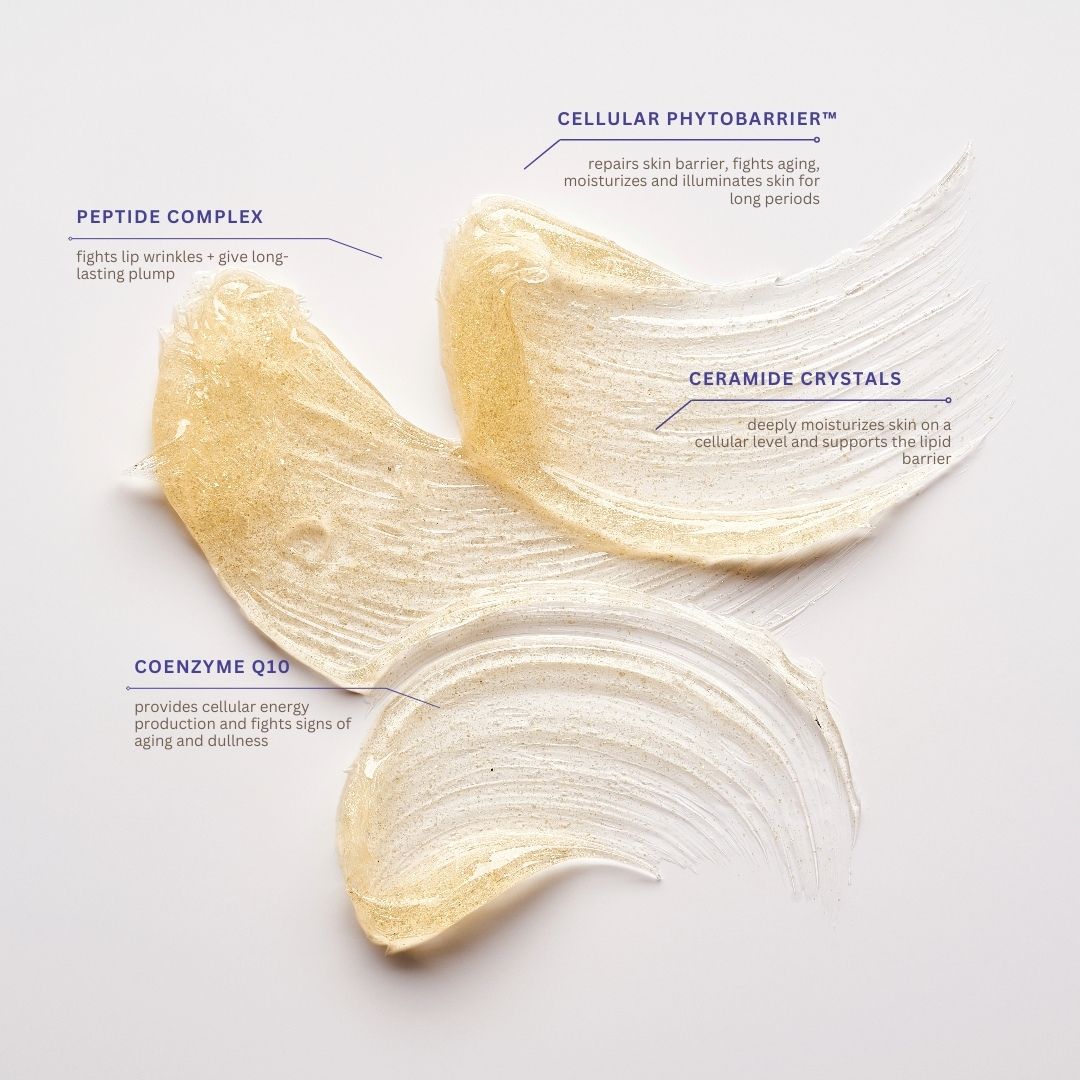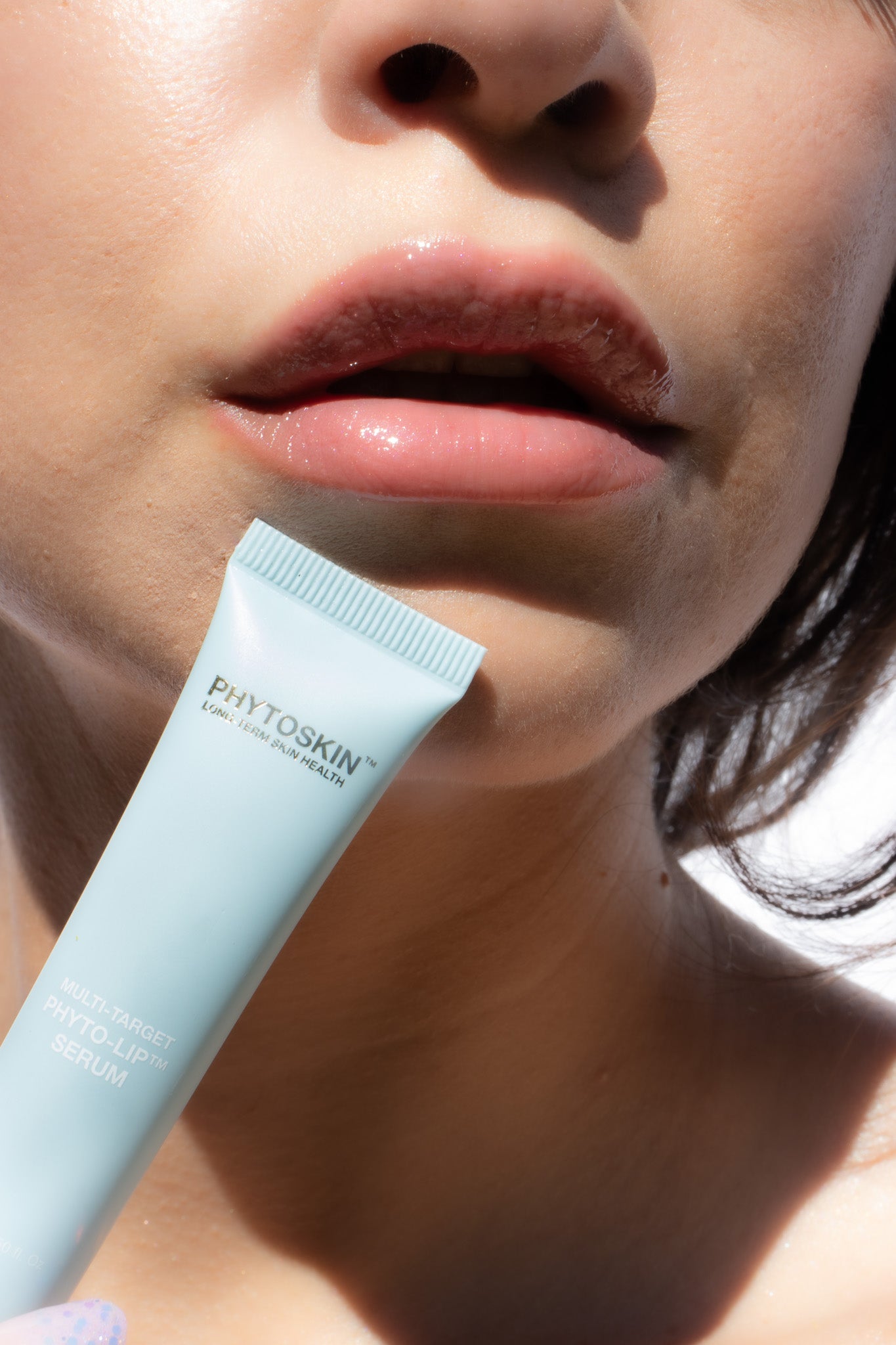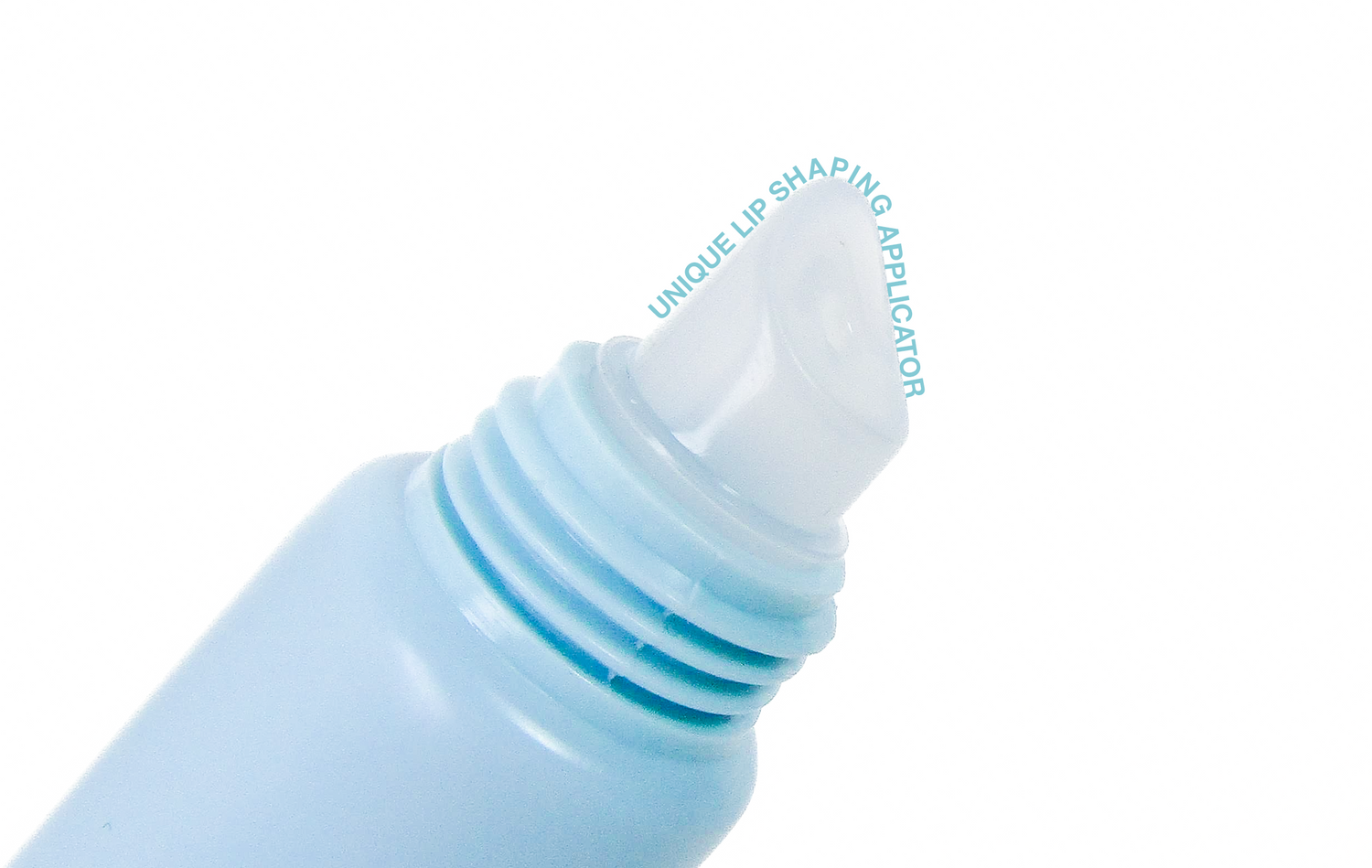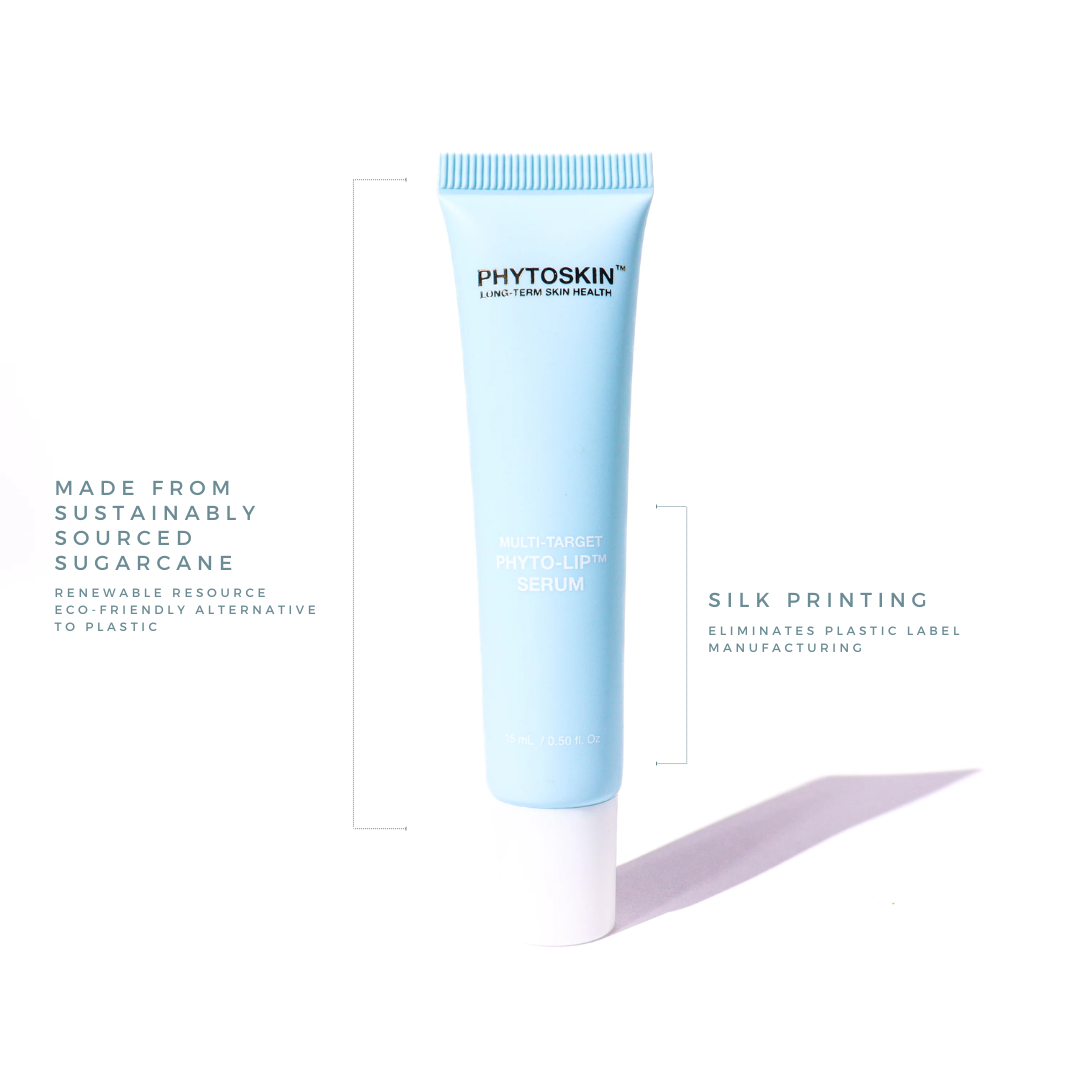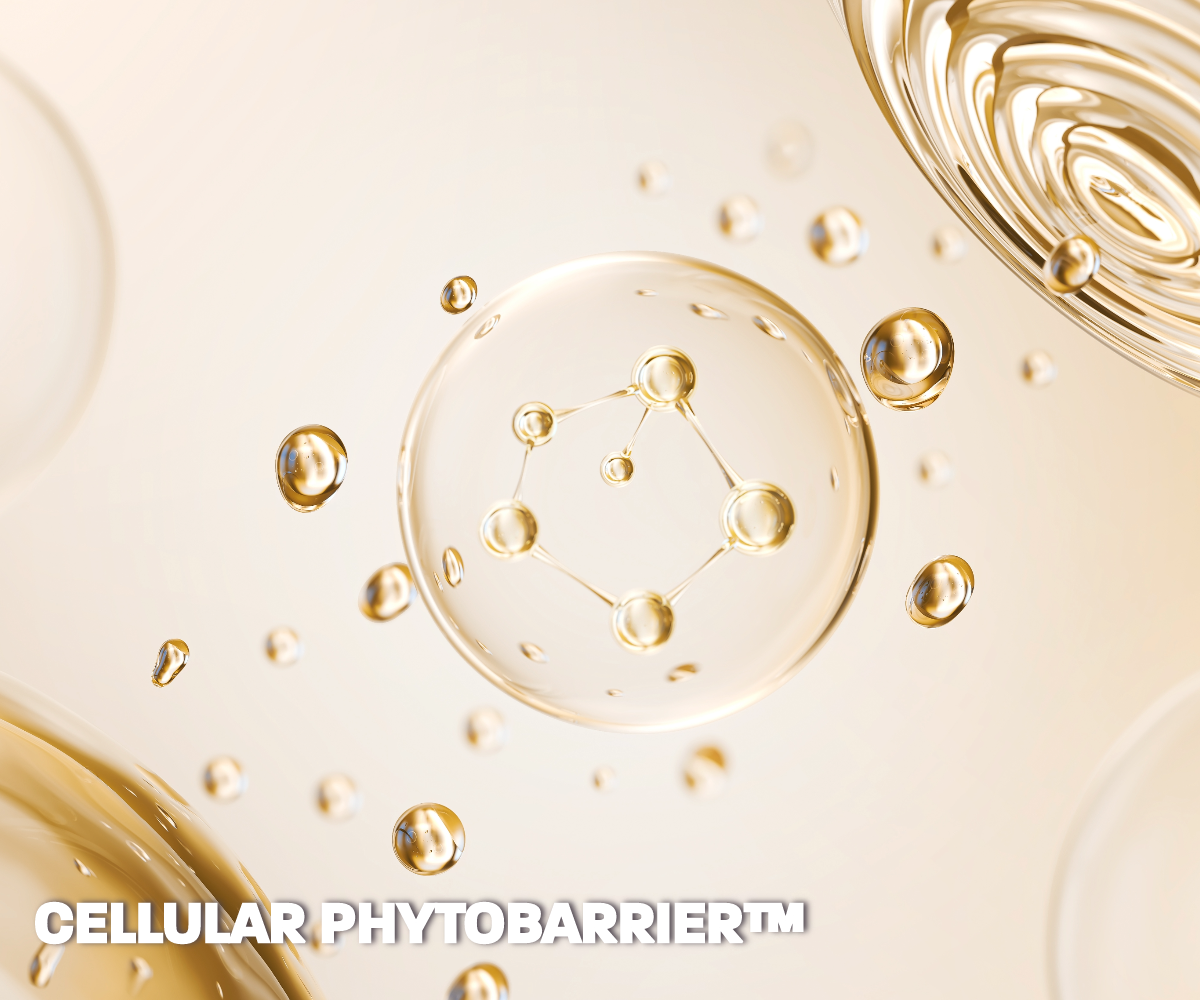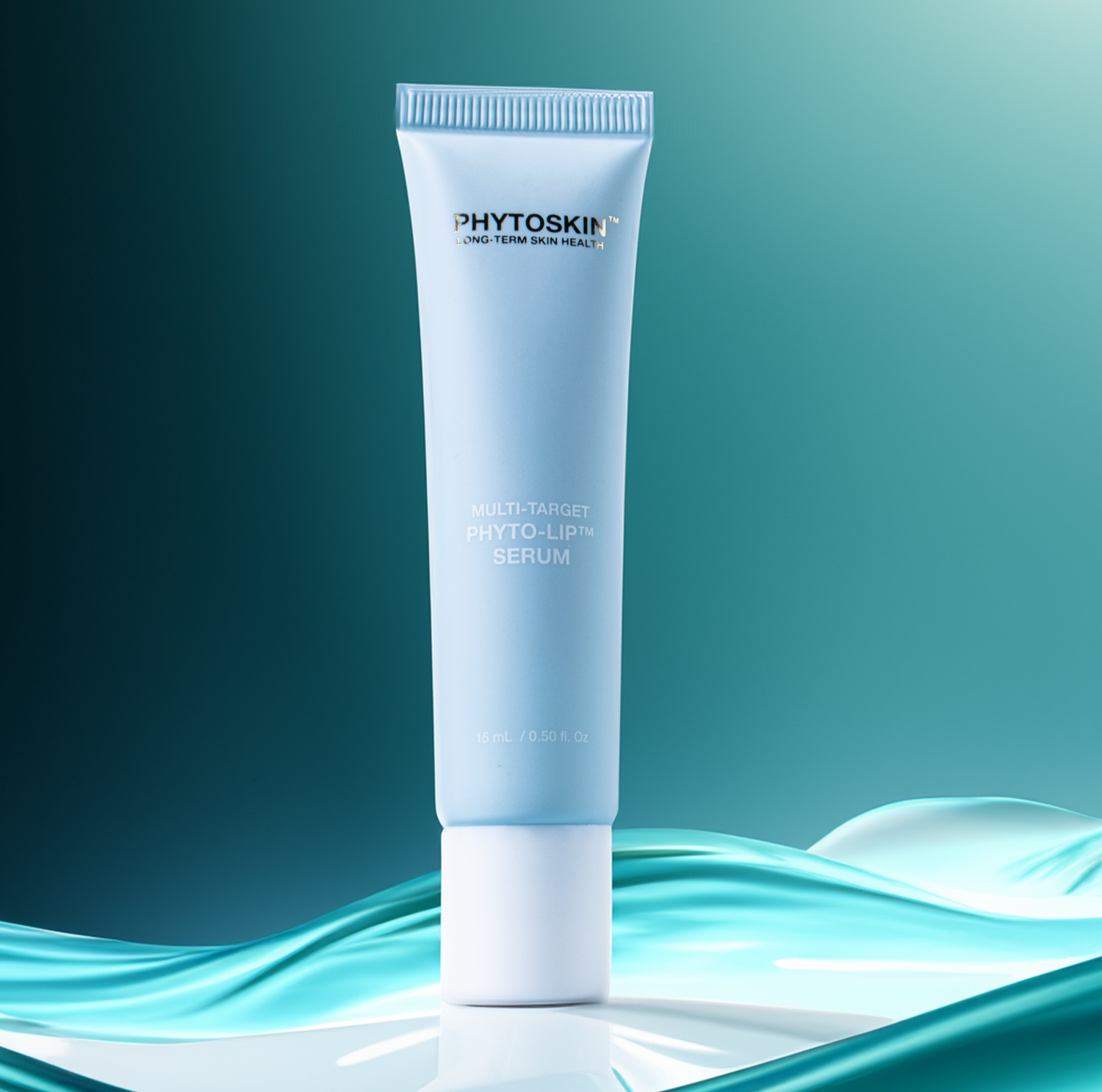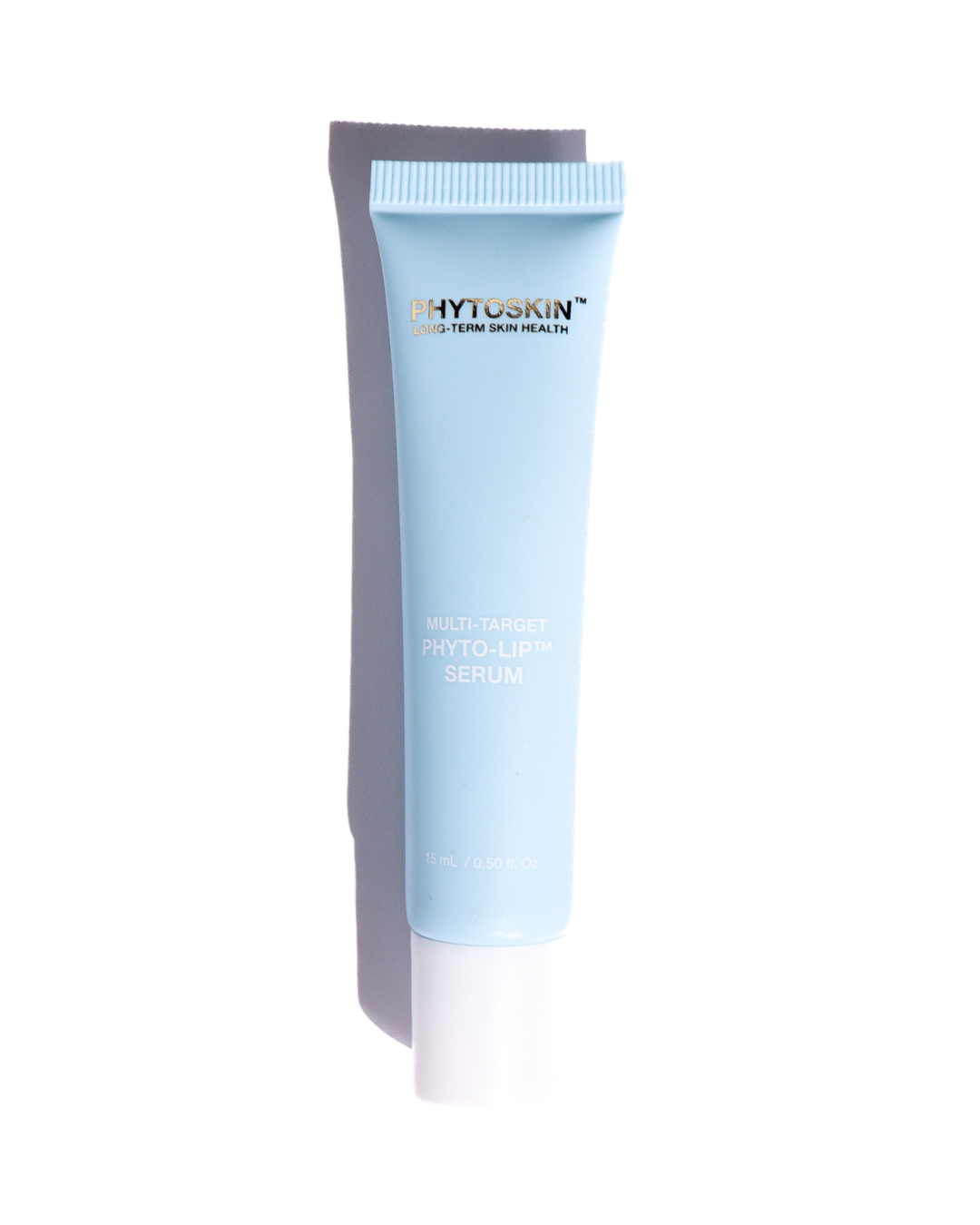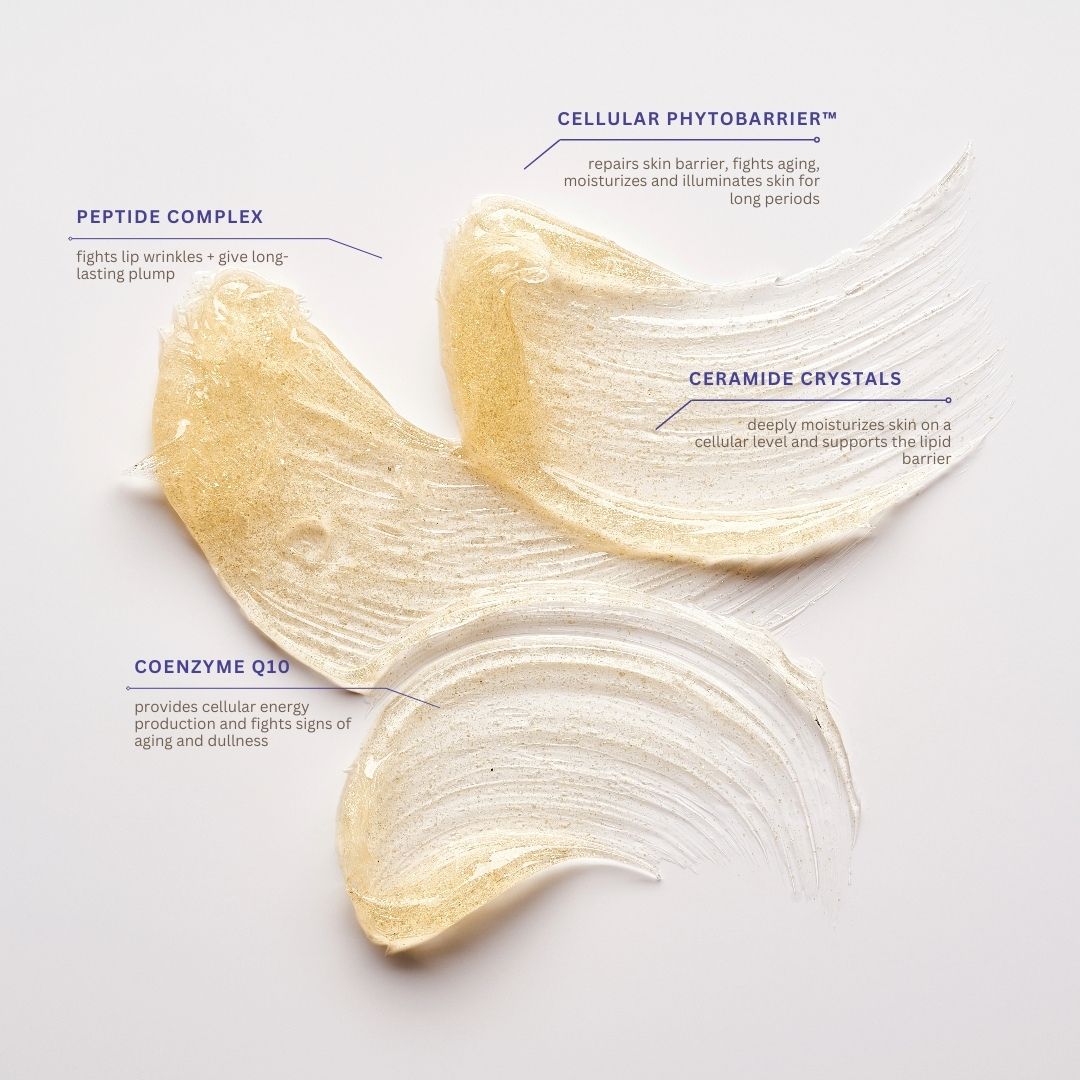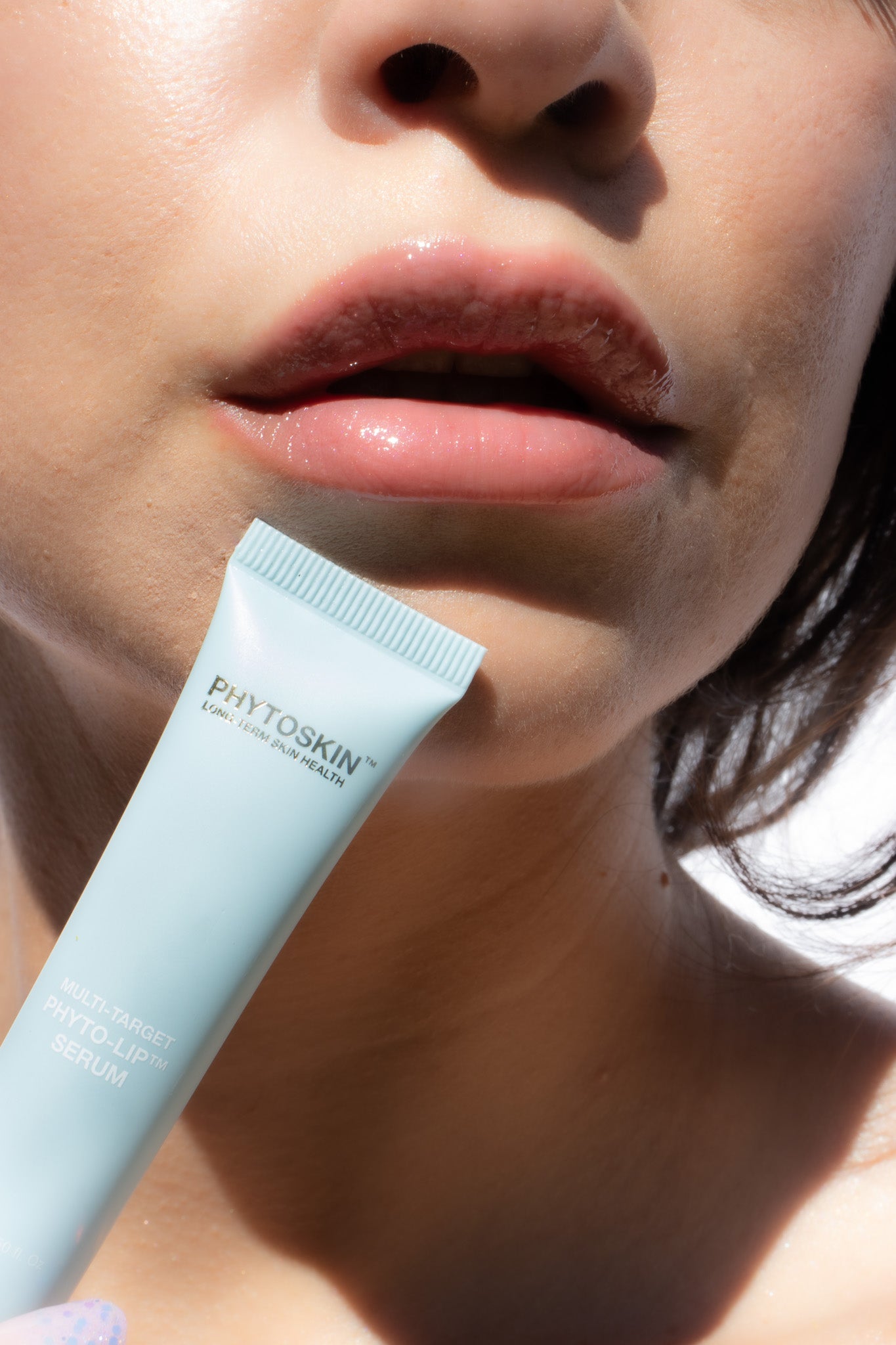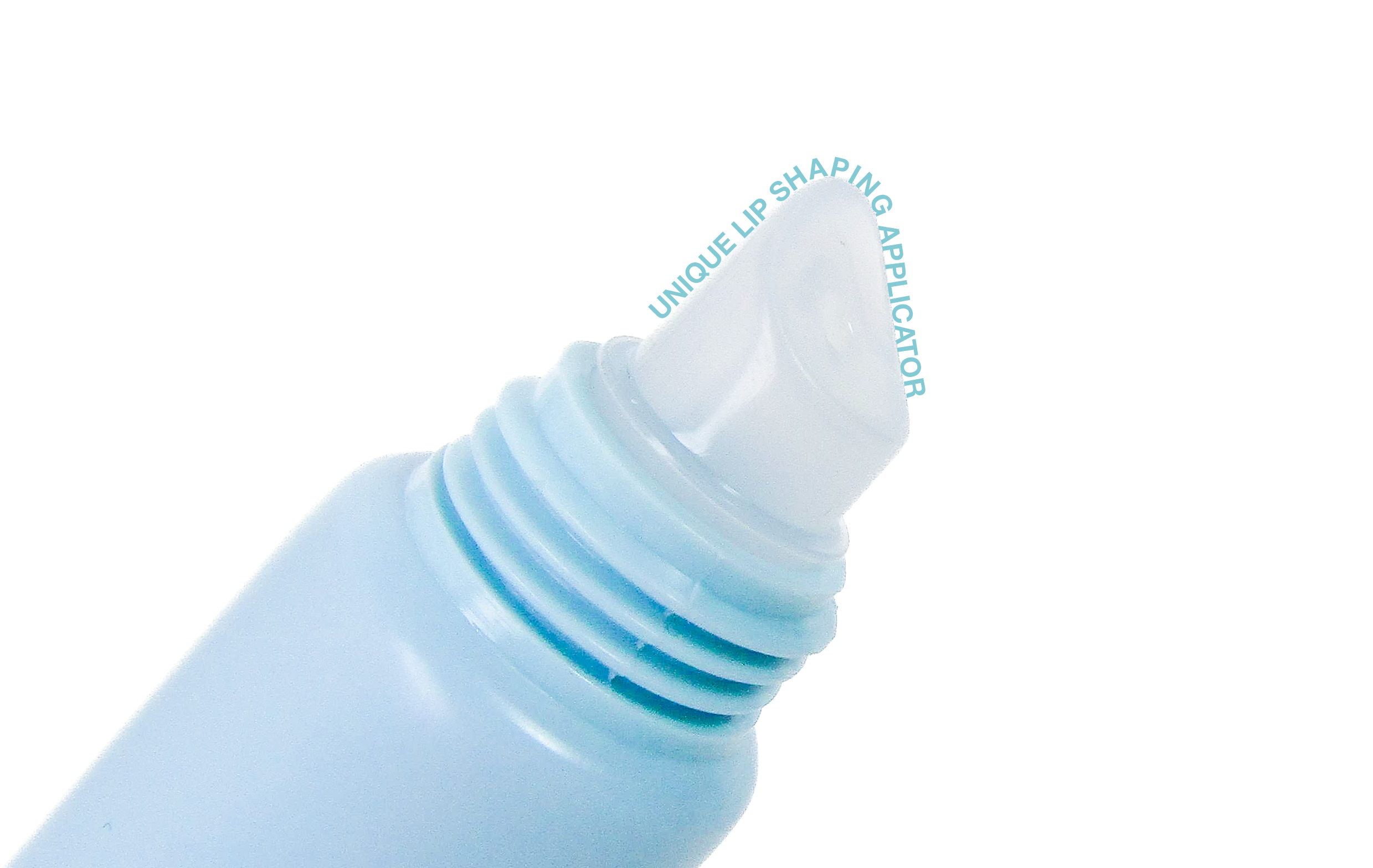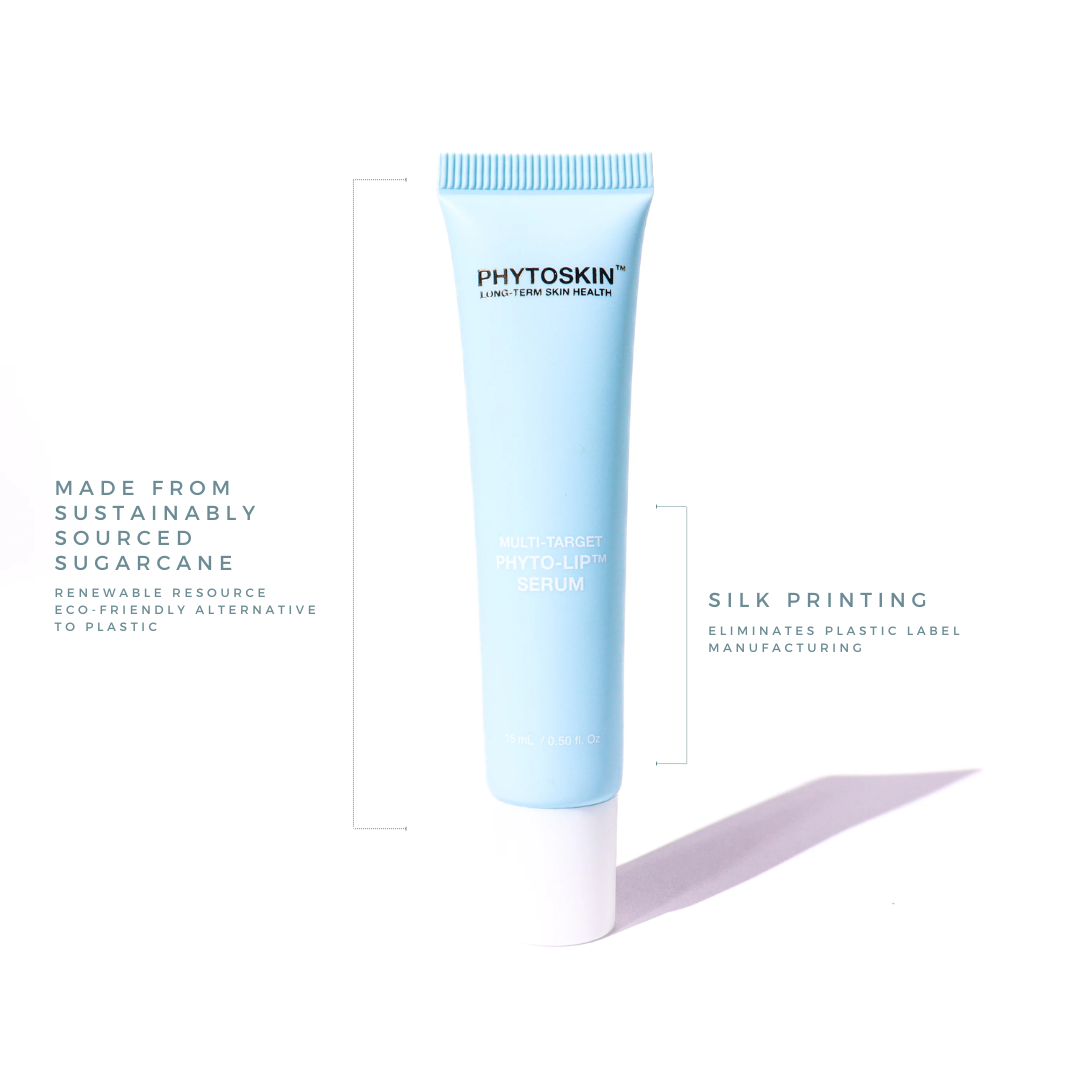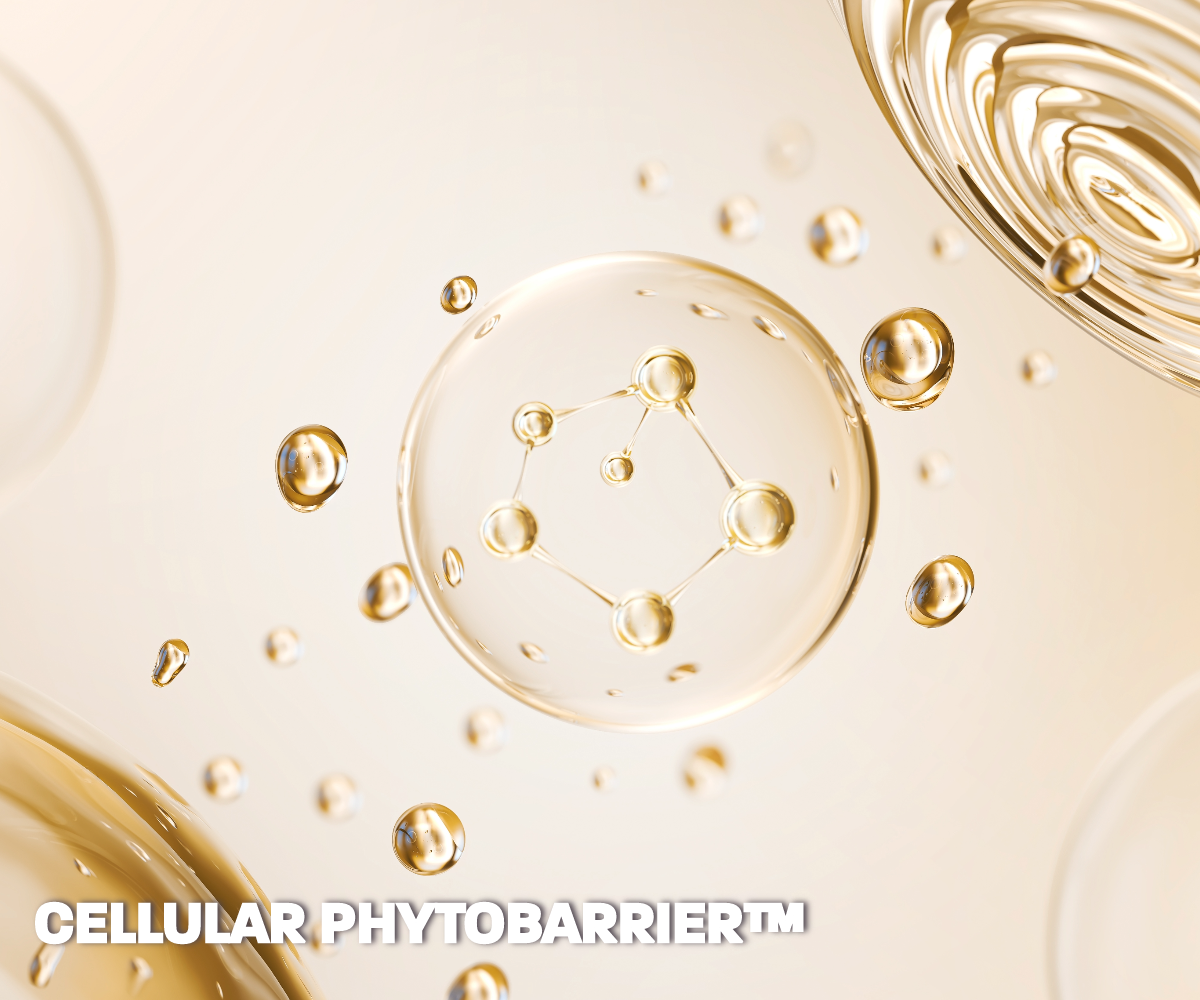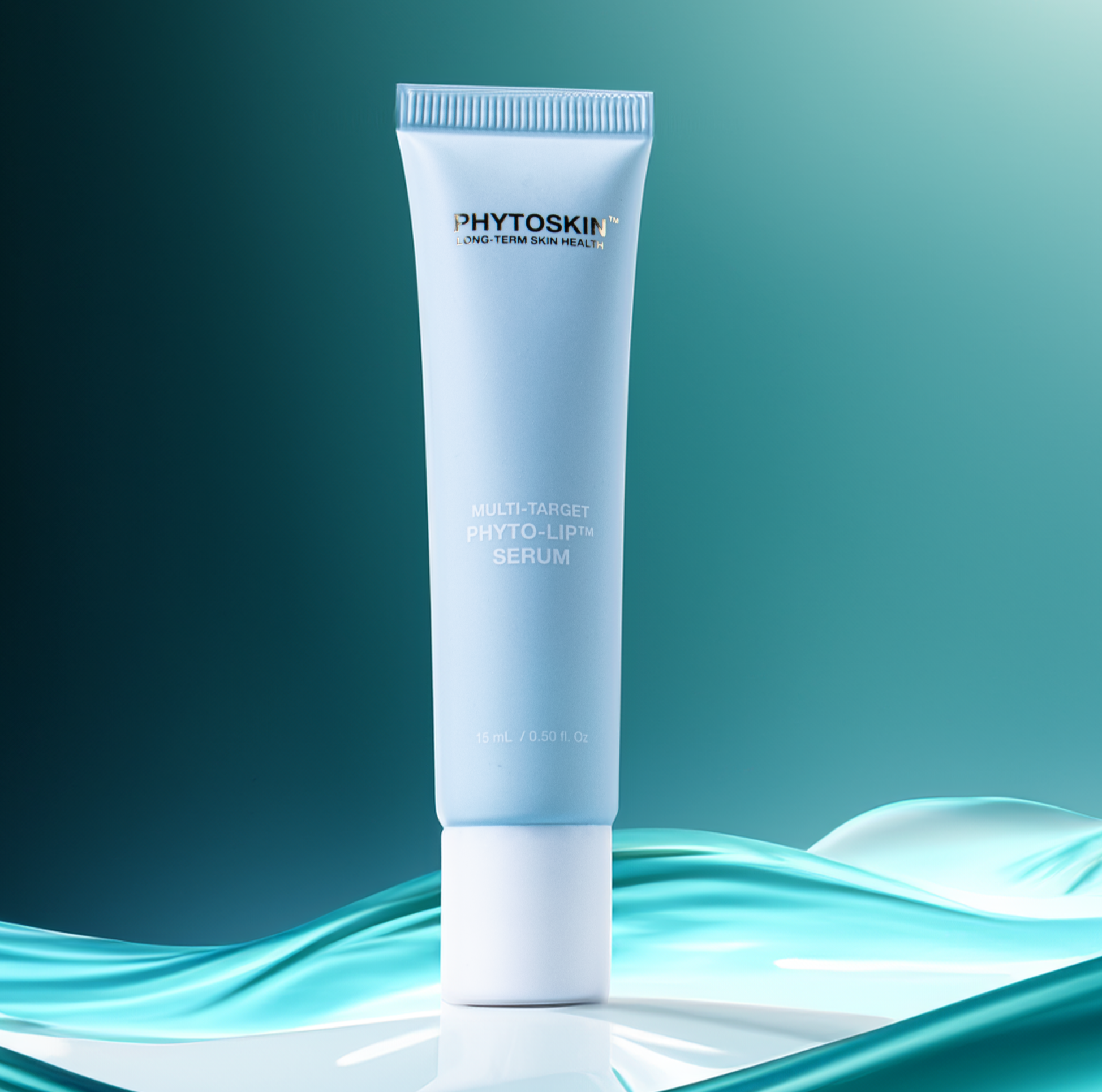Dry skin might seem like a straightforward problem with a one-size-fits-all solution but depending on the severity of your dryness and other concerns, different dry skin solutions are needed. "Dry Skin means that your face can't protect itself as well as it should from the environment. When the skin is dry, it develops tiny cracks in the outer layer, interfering with its ability to maintain hydration properly," says dermatologist Joshua Zeichner, director of cosmetic and clinical research at Mount Sinai Medical Center. Hence, choosing the right products for your dry skin is imperative for your skin barrier, and ultimately your skin health.
According to AAD, there are several things to avoid when having dry skin.
- While showering, use warm rather than hot water. Also do not take long showers but rather limit them to 5-10 minutes. This will avoid skin getting too humid and then quickly getting cooler, which would ultimately dry out skin.
- Wash with gentle cleanser. Do not over exfoliate. Overexfoliation strips skin barrier from its natural oils and lead to a damaged skin barrier.
- Use fragnance free skin care products. Unscented disclaimer does not mean fragnance free. When a product is labelled as 'unscented', it could mean that they use ingredients to neutralize the odor of the other ingredients in the formulation. Such odor controlling agents could irritate and damage the skin barrier.
- Facial oils are much more beneficial than lotions for dry skin. Because of their high fatty acid content, facial oils and ointments are the go to products for dry/sensitive skin types.
- If your skin is getting too dry, use a humidifier at your home or in your office. Humidifier will increase the moisture in the air which will help with dry and flaking skin.
The AAD, also recommends that those with dry skin should avoid products containing:
- Alcohol (except for hand sanitizer)
- Alpha-hydroxy acid (AHA)
- Fragrance, including deodorant soaps
- Retinoids
It is also important to note that dry skin also leads to aging (and vice versa). This happens when fewer ceramides, lipids, and fatty acids are produced; therefore, the moisture barrier becomes weak which ultimately results in increase in TEWL and thus, skin dryness.
So what is the BEST skin care routine for dry skin?
To answer that question, one would need to know exactly what their skin really desires. A dry skin usually needs:
- Hydration to combat transepidermal water loss by adding humectants on the skin.
- Emollience to lubricate skin and trap water into skin. When skin suffers from dryness, there is also less sebum production which results in skin being dry, and dehydrated. Hence, keeping skin lubricated, hydrated and protected using lipids is imperative.
- Ceramides to restore ceramide loss that comes with having a broken lipid barrier, or aging skin. (check out Phyto Ceramide Q10)
- Dehydration, or lifestyle choices such as not consuming enough water or poor nutrition choices could lead to dry skin.
Every product that you choose for your skin care routine should be gentle and respect skin's microbiame. The microbiome of skin plays a critical role in epidermal defence and overall skin health. Distrupting skin's micoribome, e.g using harsh exfoliators, can make all skin concern, including acne or worse.
So begin your day with a..
- Cleansing balm rich in emollients or soothing/gentle cleanser. This will give you a clean and lubricated canvas to work on. Look for plant butters or oils for extra hydration, while colloidal oatmeal or calendula work well for sensitive, irritated or itchy dry skin.
- BHA Exfoliants, recommended once a week to smooth and replenish the skin barrier.
- Hydrating serum (e.g hyaluronic acid, panthenol, glycerin, allantoin) to add hydration to skin and begin fighting TEWL. Be sure to always follow your hydrating serum with a rich facial oils to avoid further dryness.
- Facial Oil (preferably, baobab oil, chia seed oil, neem oil, jojoba oil) or a rich moisturizer. This will help bind water into your skin which will inhibit water loss. Moreover, the emollient properties will moisturize and fight the dry skin feel and texture.
- Use skin barrier strenghtening products such as Phyto Ceramide Q10. An injured skin barrier is often a factor in dry skin so products that help to repair it can be very useful. Fatty acids like linoleic, alpha & gamma linolenic acids are what to look for in carrier oils. Ceramides and phytosterols can help rebuild the protective lipid barrier of the skin.
- Sun screen, always and everyday. Try to always use a broad-spectrum sunscreen daily to protect from the damaging effects of ultraviolet sunlight.
Dry skin suffering from itching and redness..
If your skin is itching or/and has redness, you will need products to soothe, moisturize, and reduce inflammation. Also, if your skin is suffering from any of these symptoms, you should simplify your skin care routine immediately and turn to soothing, anti-inflammatory, and emollient ingredients.
Some examples for each are:
- Soothing ingredients: cucumber extract, aloe vera, calendula oils/extracts.
- Anti-inflammatory ingredients: green tea extracts,aloe vera, pomegranate oil.
- Emollient ingredients: shea, mango, and cocoa butters; moringa, raspberry seed, jojoba oils.
Our Phyto Ceramide Q10 serum is an excellent source of fatty acids, ceramides, anitoxidants, which makes it a great candidate for those with dry/sensitive/flaky skin. Those that tried our serum had ample positive feedback on its emollience and repairing properties. Shop here.
Sources: https://www.aad.org/public/everyday-care/skin-care-basics/dry/dermatologists-tips-relieve-dry-skin


